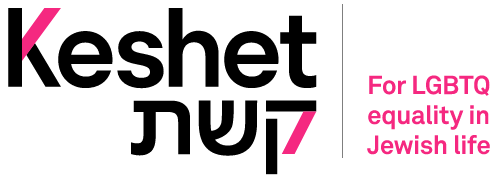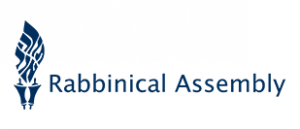Rabbi Hannah Estrin received ordination at the Ziegler School of Rabbinic Studies in Los Angeles. As a citizen of both the United States and Israel, she brings a unique perspective to Jewish communal life by tapping into the best of both countries.
Rabbi Estrin is committed to strengthening our bonds to God, Judaism, and Israel by connecting people and providing pathways to the values and traditions of Judaism that meet people where they are. Rabbi Estrin actively seeks opportunities to walk with individuals along their journey in life through education, experiences, and exploration. She teaches for communities throughout the United States and loves to deepen our understanding and connections to Jewish text, practice, and spirituality through the lens of Israel. Her warm and engaging presence and her desire to embrace all families and individuals opens the door to Judaism in an accessible manner and invites others to explore their spiritual path.
Born and raised in San Diego, California, Rabbi Estrin earned her BA in Judaic Studies and Education at the University of California, San Diego. She holds a Master’s Degree in Rabbinic Literature from the Zeigler School of Rabbinic Studies. Rabbi Estrin made Aliya to Israel in 2005, where she trained as an Israeli Tour Guide. She is a graduate of the Interim Ministry Network and an avid reader and outdoor person.
Kol yisrael arevim zeh bazeh.
All of Israel is responsible
for one another.
Actions and resources here.
Kol yisrael arevim zeh bazeh.
All of Israel is responsible for one another.
Actions and resources here.




